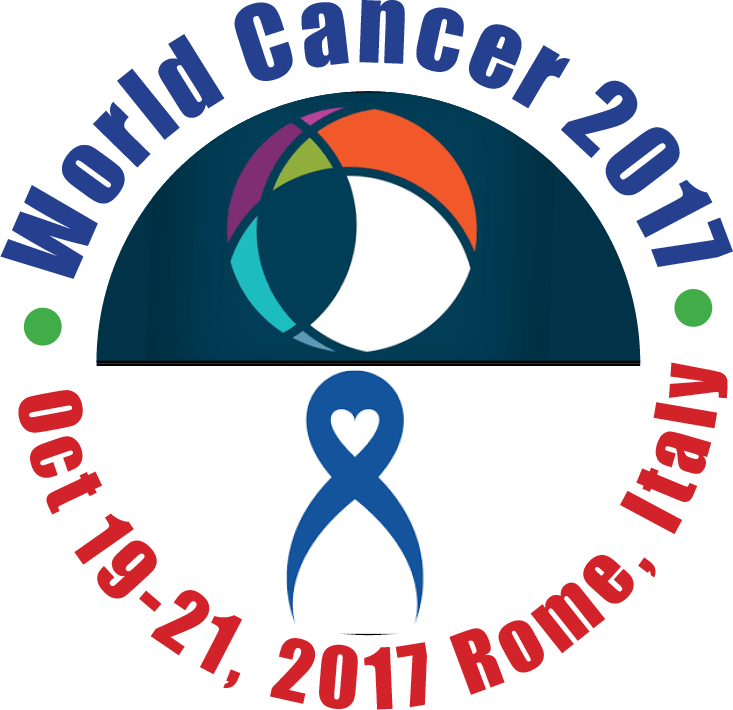
Eun-Min Kim
Yonsei University, South Korea
Title: Identify specific gene associated with carcinogenesis by Clonorchis sinensis and N-nitrosodimethylamine on host cell using transcriptome sequencing
Biography
Biography: Eun-Min Kim
Abstract
Clonorchis sinensis, the most prevalent parasite in Korea, has been reclassified as Group I bio-carcinogen for cholangiocarcinoma (CCA) in humans by IARC in 2009, C. sinensis associated cholangiocarcinoma (CCA) is still unknown. The aim of this study was to identify distinct gene expression associated with carcinogenesis of C. sinensis. In human cholangiocyte line, H69 cells were continuously exposed to N-nitroso dimethylamine (NDMA) and excretory secretory product of C. sinensis (ESP) over one year. H69 cells that were continuously exposed to ESP of C. sinensis and NDMA showed cancer-like characteristics including cell proliferation was more than 5.7 times and the proportion of cells in the G2/M phase increased up to 42% compare to non-treated H69 cells. Moreover, the expression of the cell cycle protein E2F1 and the cell proliferation related proteins, ki67, and cytokeratin 19 were more than 30-fold increased when NDMA and ESP were added together. Based on these results, whole-transcriptome sequencing was performed to compare the genome-wide gene expression patterns of H69 stimulation with NDMA and/or C. sinensis ESP with non-treated H69. A total of 1301 differentially expressed genes (DEGs) were identified, 521 of which were up-regulated and 780 were down-regulated. Gene ontology and Kyoto Encyclopedia of Genes and Genomes enrichments revealed that numerous DEGs belong to cancer-relevant genes, involved in cell cycles, cell proliferation, and cell adherent-relevant pathways. Among them, we focused on the P53 K-ras signaling genes and found that two genes increased and eight genes decreased from a number of their genes. This result was also confirmed by real-time PCR. In conclusion, these data suggest that the P53 and K-ras signal plays a key role in regulation of cell proliferation, which may cause cholangiocarcinoma under stimulation by ESP of C. sinensis and NDMA.

